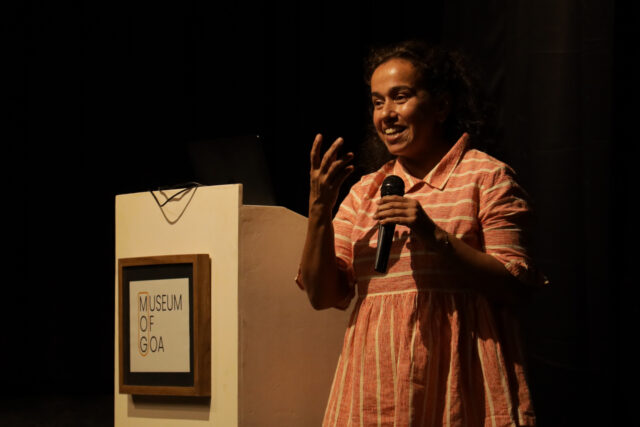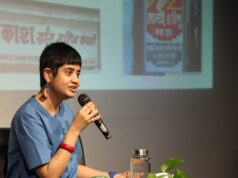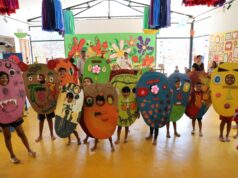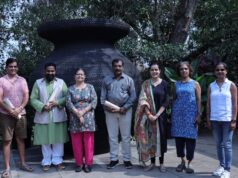Calling for an urgent need to tweak the phrase ‘man-animal conflict’ around the principle of ‘co-existence’, environmental researcher and Royal Swedish Academy Fellow, Dr Purabi Bose, while referring to recent reports of elephant intrusion in North Goa, said that wild animals have started making forays into human habitats because forests are running out of food that has represented their traditional diet.
Speaking on the sidelines of the day-long celebration to mark the concluding day of National Wildlife Week at the Museum of Goa, as part of the MOG Sunday talk initiative, Bose also said that wild elephants like Omkar, whose forays into Goa from the forests of bordering Maharashtra have been hitting the headlines, “do not come with the intention of destroying your crops or home. They come there because they don’t have anything to eat to survive.”
She also cautioned that conservation strategies must never be drafted from conference rooms and imposed on communities. Referring to the proposed setting up of a tiger reserve in Goa, she stressed that forest dwellers are not beneficiaries or subjects — they are co-authors of any successful protection model.
“Nothing built for them will last unless it is built with them,” she said.
On human responsibility to other species in urban areas, Bose criticised the widening disconnect between city residents and everyday wildlife. She described how monitor lizards, squirrels and other creatures in residential neighbourhoods are treated as pests.
She further warned, “If environmental education does not begin at home, sustainability will remain fashionable, not functional.”
Bose, who spoke on the subject, ‘Forest Science Communication through the Arts,’ argued that while governments rely heavily on scientific instruments, tagging and surveillance, indigenous communities often track and protect wildlife purely through observation and inherited knowledge.
“Over the last two decades, I found that 90 percent of the policymakers are relying on social media. They are not reading any of the scientific papers. And on the other hand, science has yet to acknowledge the indigenous knowledge. Only when it is published is it then accepted as something that is scientifically approved,” she said.
Citing the example of pastoralists in Ladakh who recognise individual snow leopards without any tags, she said science could go further “if it walked alongside (local) wisdom.”
The event, also featured film screenings and a cuisine from Bihar, drew attention to ongoing fears among Adivasi communities regarding land rights. Bose attributed this to “years of miscommunication among the tribes,” noting that many communities now prefer collective land ownership over fragmented individual titles to ensure holistic protection of their territories.
She stressed that India already has a strong legal foundation in the Forest Rights Act, but called for better implementation that adapts to local cultural systems rather than imposing a single model nationwide.






